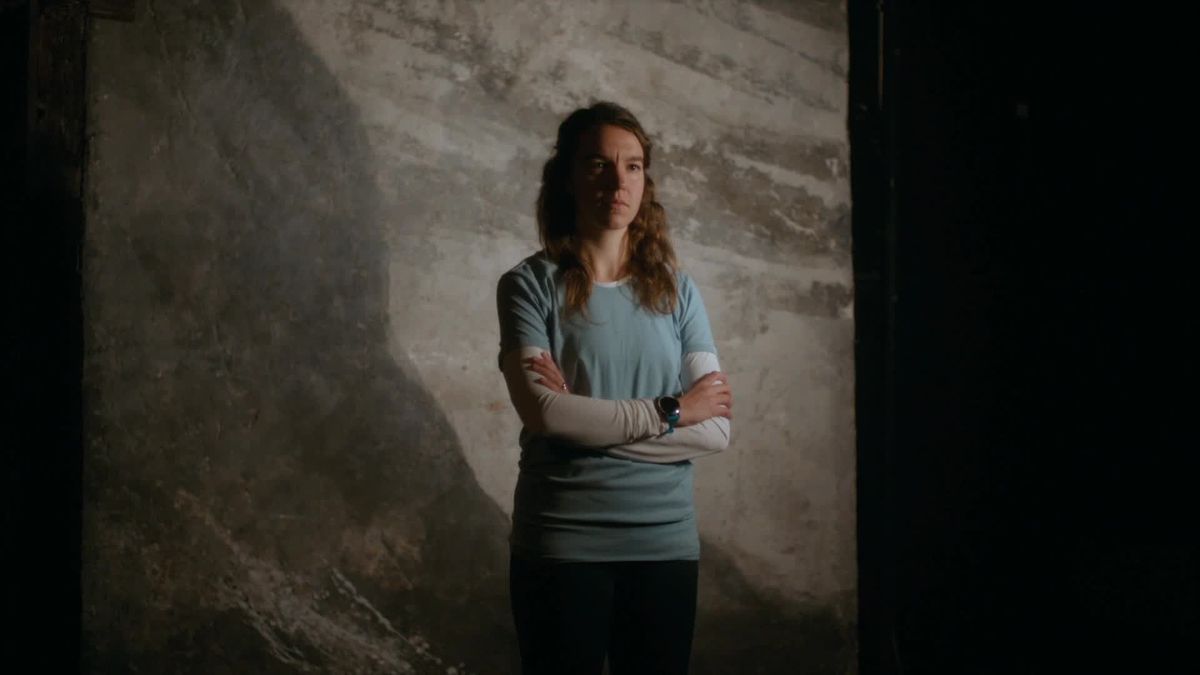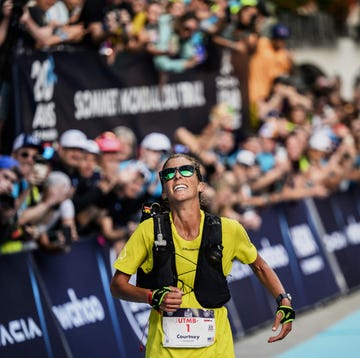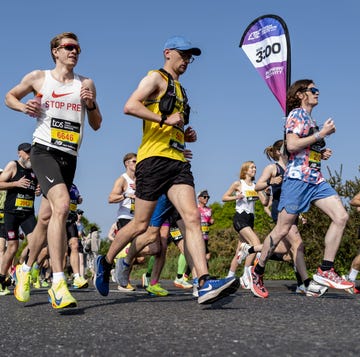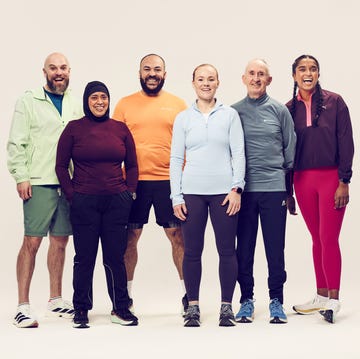The older and more experienced, so goes the accepted wisdom, the more relaxed athletes become. Livvy Breen is an anomaly. ‘I think as each year goes on, I actually get more nervous,’ says the 27-year-old, with a trademark megawatt smile. ‘Because we sacrifice so much and we put so much into training, you just really, really want it to go well.’
That someone not far off their mid-twenties should be considered a veteran at all is tribute to Breen’s strikingly early rise. At an age when her peers were sweating over their GCSEs, Breen was tearing around the London 2012 track as a 16-year-old prodigy and the youngest member of Team GB. She came home with a bronze in the 4 x 100m relay.
This launched Breen on a career that has seen her collect multiple medals and titles, including Commonwealth gold in the T38 100m in 2022, a world title in the T38 long jump in 2017 and a bronze in the same event at the Tokyo Paralympics. Now, the ebullient Welshwoman is determined to transform her form and confidence into gold in Paris. ‘I actually can’t wait. I’m feeling really confident. I just need to stay healthy,’ she says.
What everyone's reading
Like many Paralympians, hers is something of a double quest: for personal achievement, but also to inspire those with similar disabilities to take a sledgehammer to the glass ceiling that society has a tendency to construct for them.‘I’m always trying to get the message out there about what a difference sport can make to your life if you have a disability, ’explains Breen, who has cerebral palsy that affects all four limbs and is partially deaf. ‘It’s very important to inspire the next generation and make people realise that there’s always a way, and they must never give up.’
Away from the glory of big competitions and medals, Breen is candid about the day-to-day struggles of coaxing elite performances out of a sometimes-recalcitrant body. ‘You have days when you’re a bit like “ugh”,’ she says. ‘I’ll be doing long jump or sprint drills and trying to tell my body what I want it to do, and sometimes it just doesn’t want to listen. So it can be quite frustrating. But I’ve got much better at just saying, “Today isn’t going to be a good day,” or chatting to my coach and just changing the session.’
Pushing it is the worst thing, as she’s learned from bitter experience. ‘When you’re more tired and more clumsy, there’s definitely more risk of injury,’ she says. ‘And it’s happened to me multiple times, so now I just listen to my body.’
As everyone from Carl Lewis to her teammate Zak Skinner would attest, sprinting and long jump are neatly complementary events – but which does she prefer? ‘The 100m,’ she says, after a contemplative pause. ‘I just love the feeling of it. I love racing fast – fast cars, anything quick. The race is over so quickly but I love the feeling you get. Wow, I just can’t explain it!’














